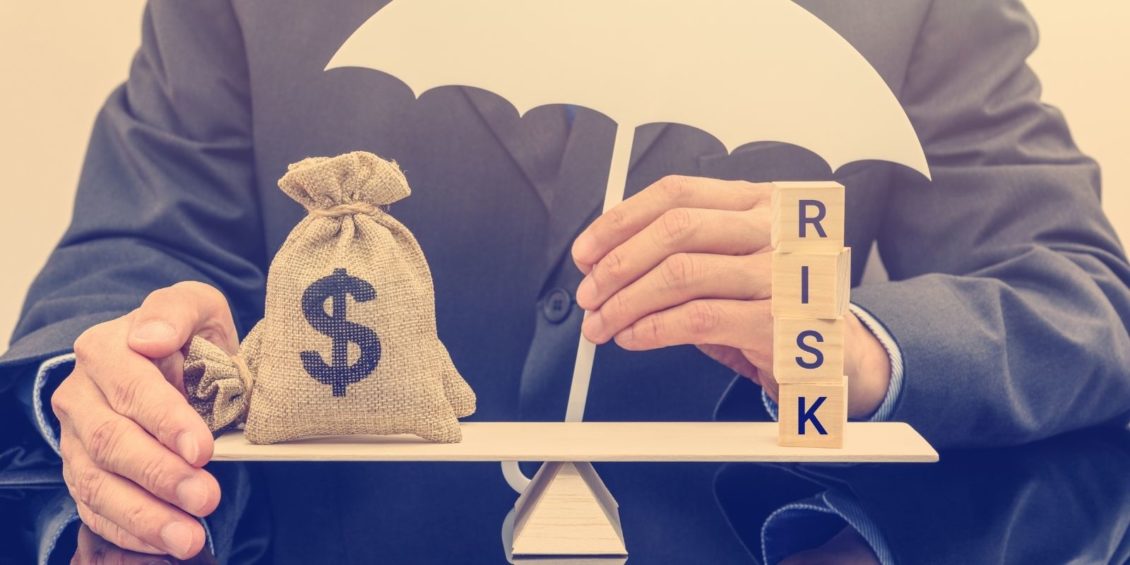Both, Individual/business investors, and cybercriminals are thrilled by the decentralization of digital currencies! The former can engage in peer-to-peer transactions. The latter can find novel ways of stealing funds.
What Criminals Do to Businesses
The anonymity of the virtual world exposes online businesses to the following risks.
Compromised Trading Platforms
Tech-savvy hackers snatch funds from various users and compromise trading platforms.
Phishing
Cybercriminals use cunning to get users to reveal their respective credentials. Thus, there is identity theft.
Alternatively, they browbeat the owners into paying heavy ransoms for the return of identities.
Infected Computer Systems
Malware is great for infecting computer systems, especially those holding mining machines. The thieves take away all the mining resources.
They may also steal digital currencies from digital wallets.
Ransomware suffices to ask for heavy payments. Criminals get away, because they convert digital currencies to fiat currencies.
Identity Thefts
Online registration forms with personal details are vulnerable to theft. Thieves tend to make large profits via the sales of those identities in the black market.
Misuse of Third-Party Applications
Once again, user data is exposed to attacks from cybercriminals.
Actions that Put Investors and Traders at Risk
Local Storage of Cryptocurrencies
The local storage refers to a cloud platform that is centralized. Crypto owners store seed phrases in them. They also back them up on local devices. Thus, information may get stolen, be lost, or irretrievable due to forgotten passwords/PINs.
Using Crypto Exchanges as Storage Bins
Beginners tend to feel that cryptocurrency exchanges like Bitcoin Trader are as safe as banks are! Therefore, they leave their funds in them, for initiating speedy transactions.
Hackers love the fact that everything is stored at a single location. Hackers include founders and employees of unreliable exchanges, too.
Not Giving a Thought to Natural Disasters/Accidental Losses
True, no one can predict what will happen. Regardless, it is an issue that should have been addressed long ago. Thus far, the losses have gone into billions.
Keeping part of the digital assets offline should help.
Not Thinking about Future Generations
Cryptocurrencies can prove to be healthy generational wealth. Therefore, owners should take steps to safeguard their crypto savings for passing on to beneficiaries after death.
Honest estate lawyers or trusts can provide relevant advice.
Requisite Safety Measures
Cybercriminals are confident because cryptocurrencies do not come under governmental/central banking regulations. Then again, it is hard to follow digital footprints.
Regardless, it is possible to protect cryptocurrency investments.
Approach Legitimate Cryptocurrency Exchanges
There are numerous cryptocurrency exchanges across the globe. However, are all of them honest/trustworthy?
It is advisable to undertake an investigation before approaching any exchange. Sources for intelligent advice, include professionals/experts in the digital currencies arena, fellow investors, online reviews, and online testimonials.
Approach Honest Exchanges, Mobile Apps, Wallets, and Brokerages
Examine the security features of various entities. These features could include keeping air-gapped devices offline, having a safe password manager in place, multi-factor authentication, TLS/SSL encryption, etc.
Seek Safe Storage
Digital wallets prove safe for storage.
Now, every wallet has its pros and cons, technology needs, and healthy/not-so-healthy security features. Keen research is essential for informed decision-making.
Ensure Confidentiality of the Secret Key
The secret key is a verification of the authenticity of the concerned wallet’s ownership. Therefore, it would be best to keep it in cold storage. It means that the wallet’s owner must have a print-out of the secret key. All digital details about it must undergo erasure.
Give Every Account a Different Password
Every digital account should have a different and extremely strong password.
The passwords must undergo frequent changes.
Two-factor verification is additional security.
Go for a Hybrid Strategy
Only a small amount of digital wealth should go into an online wallet. The rest may remain safe in a physical wallet. Additionally, the physical wallet should go into a safety deposit box or safe.
Similarly, it would be advisable to separate public and private keys. Multifactor authentication and complex passwords should be in place for their unlocking.
To conclude, cryptocurrencies do pose a cyber risk for investors/businesses. Regardless, they promise good savings and are a great investment too. All that people must do is to keep in touch with newer and stronger security measures to keep cybercriminals at bay.








Leave a Reply
View Comments